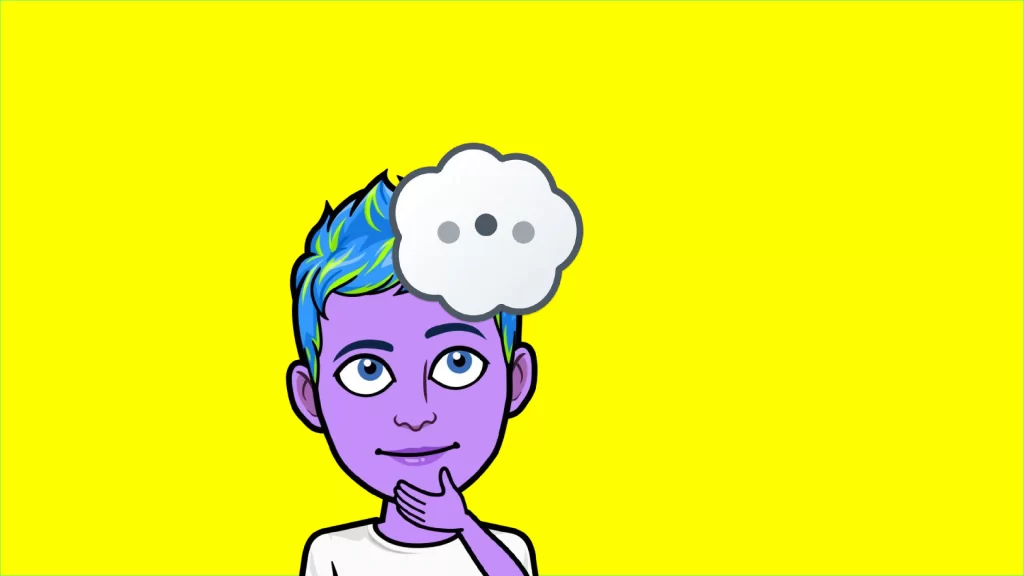In recent months, the rapid growth of AI has become abundantly clear with new tools such as ChatGPT and the MyAI feature on Snapchat. However, it also begs the question: is this new world of technology a helpful resource or simply crossing the line
Ever since the introduction of ChatGPT in the fall, the use of AI has continued to grow rapidly. Big businesses have found ways to implement the technology in their products, including Snapchat with their new “MyAI’ feature, which has quickly become popular among users, specifically teens. With recent technological advances, AI is imposing itself into everyday life and gradually incorporating into almost all aspects of modern society. As the line between human and robot is becoming less distinguishable, people are questioning the usage of it and are wondering how this could affect our future.
But what is AI actually, and how does it work? AI, or artificial intelligence, is the simulation of human intelligence processes by machines, especially computer systems. It has become a commonly used term to refer to applications that perform complex tasks that once required human input, such as communicating with customers or playing chess.
In the past few months, we’ve seen the rapid growth of AI manifest in a system called ChatGPT, a natural language processing tool driven by AI technology. It allows the user to have human-like conversations with the chatbot, which can answer questions and assist with tasks such as composing emails, essays, and code. It has since blown up, becoming a viral mega-hit across social media and amongst teens.

“It’s been overwhelming, honestly. We’ve been surprised, and we’ve been trying to catch up,” said Jan Leike, the leader of OpenAI’s alignment team, when recognizing AI’s popularity.
When OpenAI launched ChatGPT, with zero fanfare, in late November 2022, the San Francisco–based artificial-intelligence company had little expectations. Part of the team’s confusion comes from the fact that most of the technology inside ChatGPT isn’t new. ChatGPT is a fine-tuned version of GPT-3.5, a group of large language models that OpenAI released months before.
Recently, apps like Snapchat have released their own chatbots named MyAI. In a chat conversation, MyAI can answer a burning trivia question, offer advice on the perfect gift for your BFF’s birthday, help plan a hiking trip for a long weekend, or suggest what to make for dinner.
This ultra-realistic and personal form of AI has stunned the public and gained enormous media attention, and begs the question: how far is too far? Is this release of new technology a helpful source of support and guidance in everyday life, or is it crossing the boundaries of reality?
Some state that AI is expanding the world positively, and that the public should welcome a century of advancements through the usage of the technology. Furthermore, supporters encourage the utilization of tools such as ChatGPT. Nola Williams ’26 says it is “a great resource for when students need it in school; it can help guide them through academics and provide ideas, but people should use it with good intentions.”
Williams is not alone in her concern about “good intentions”; there’s a discussion on the extremity of which people are using ChatGPT’s applications. Inside schools, the idea of over-usage is especially worrying. Questions have arisen concerning cheating students and the usage of ChatGPT to write essays, find answers, or do fake assignments.
Snapchat’s MyAI chatbot says, “I think that AI generators can be a helpful tool for students to use in school, but it’s important to make sure that they are using the tool appropriately and not relying on it too heavily.”
Ms. Caramanico, Upper School Mathematics Teacher, says Chat GPT “puts people in a difficult position, because what it generates is really creative, and therefore makes them want to use it. There needs to be a way to harness the access to it once it becomes too tempting to cheat.”
It is clear that there are varying opinions surrounding whether AI generators are potentially helpful or harmful to a school environment. Whatever the impacts are, there is no doubt that technology is changing rapidly and that continuous innovation will inevitably change everyday life. For example, one of the most promising new technologies is neuromorphic processing, neuromorphic means “like the brain.” In this new development, dedicated circuits are used to mimic the way dynamic cells in the brain operate. Modeling various regions of the brain, such as the neocortex, could lead to more advanced AI systems.
One thing is concrete: the artificial intelligence revolution is upon us, and people must prepare to adapt to this change. AI is a fast-moving field, and society cannot afford to stand still.


Link exchange iss nothing else however it is only placing the other person’s blog lionk on your pagee at suitable place and othwr person will also do same for you. https://Evolution.Org.ua/